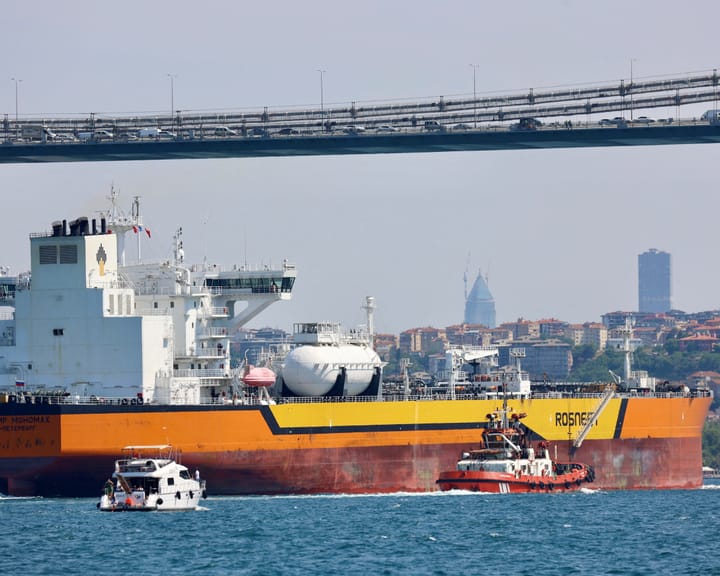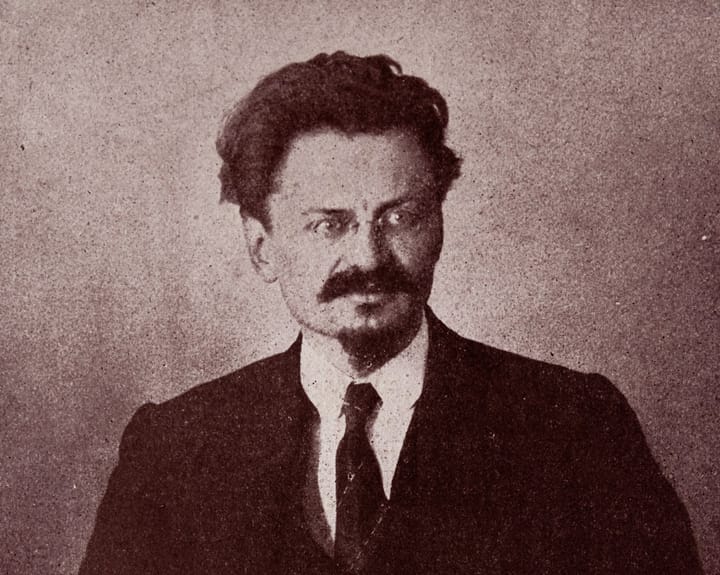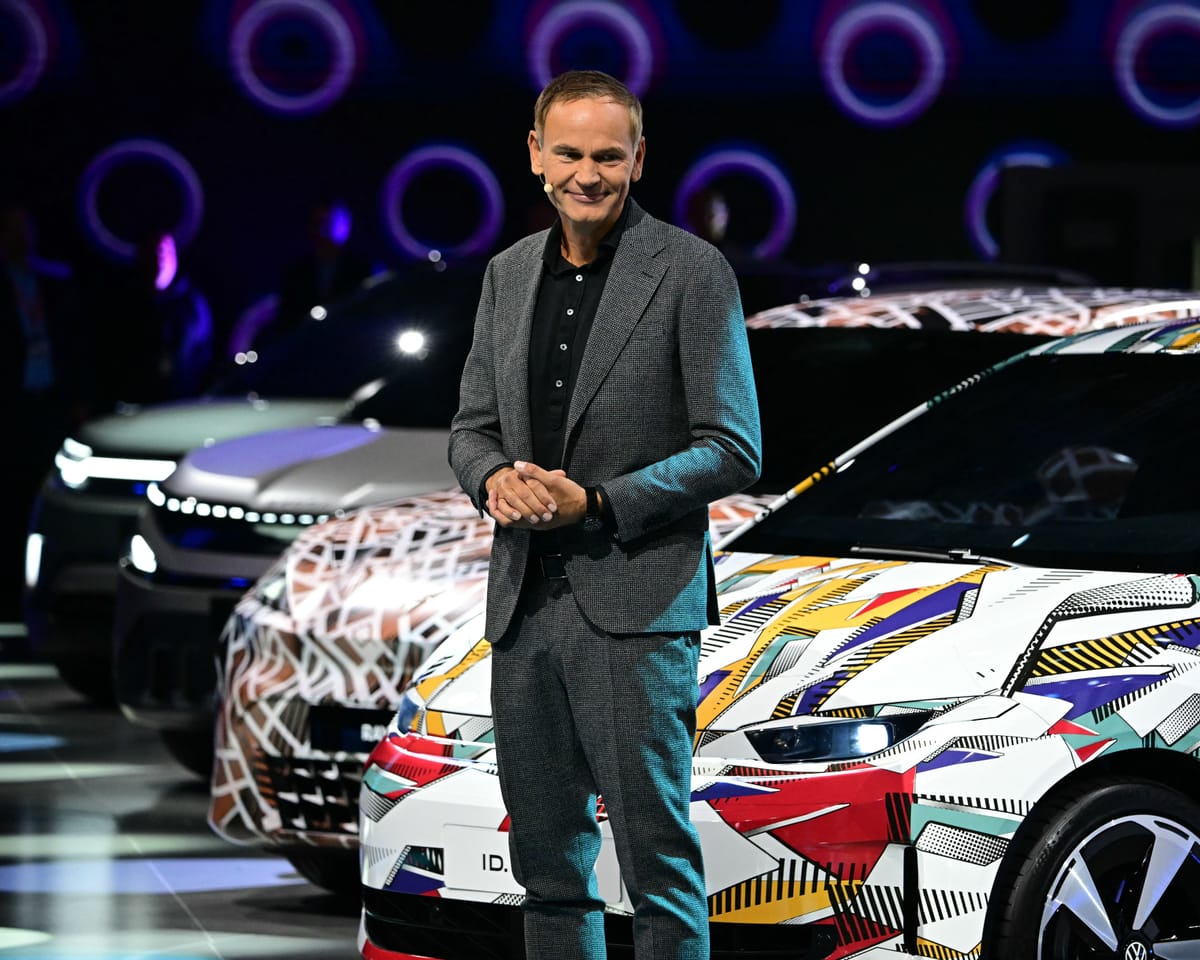Volkswagen Nears Tariff Agreement with the US as It Targets Affordable Electric Cars in Europe
The head of Volkswagen has stated that the company is close to reaching a tariff agreement with the US, while also focusing on the market for reasonably priced electric vehicles in Europe.
Europe’s largest automaker, which includes brands such as Audi, Seat, and Porsche, has faced significant financial strain due to trade measures imposed by the US earlier this year. The combination of these levies and market instability has resulted in losses amounting to "several billion," according to CEO Oliver Blume.
Although the US administration has proposed reducing tariffs on European automobiles and components from 27.5% to 15%, Blume noted that even this lower rate would still pose challenges for Volkswagen. In an interview with Bloomberg TV, he emphasized the company's discontent with the uneven trade relationship between the US and Europe, stating it distorts competition.
To address this, Volkswagen has planned substantial investments in the US, aiming to secure a separate agreement that could further reduce its tariff obligations. Blume added that the company is in discussions with US officials and hopes for a swift resolution.
During a recent event in Munich, Blume mentioned that Volkswagen might localize Audi production in the US or increase exports from there. He also highlighted the financial strain on Porsche, caught between tariffs and a slowdown in Chinese demand. Unlike other German automakers, Porsche’s US-bound vehicles are largely produced in Germany, making them more vulnerable to trade measures.
At the same event, Volkswagen unveiled plans for a new compact electric vehicle, aiming to secure a significant share of Europe’s small electric car market. Blume described the model as affordable and designed to make electric mobility accessible.
Meanwhile, competitor BMW announced a China-specific version of its iX3 SUV, set for launch in 2026. BMW’s sales chief, Jochen Goller, confirmed that while the interior display will mirror the European model, the software will be adjusted for local preferences.
The ongoing trade dispute has caused disruptions across the industry, with Lotus, a UK-based sports car manufacturer under Chinese ownership, attributing 550 job cuts partly to tariff-related instability.
Read next

"Nations weigh halting Russian oil and gas purchases as Trump sanctions take quick effect"
Donald Trump’s efforts to mediate peace in Ukraine may hinge on one critical issue: can the U.S. leader persuade nations to reduce their reliance on Russia’s energy exports?
Recently, Trump introduced sanctions against two of Russia’s biggest oil firms, Rosneft and Lukoil, aiming to weaken Moscow’

"Risks of centrist economics in a divided world"
Navigating the economic landscape as a centrist thinker is challenging in today’s politically charged environment, where every viewpoint is quickly categorized into rigid ideological positions. A sentiment often linked to Leon Trotsky applies here—centrist economists may avoid conflict, but conflict finds them regardless.
Take, for example, my 2016

"Bloomsbury head suggests AI aids writers in overcoming block"
Artificial intelligence may assist authors in overcoming creative hurdles, according to the head of the publishing company Bloomsbury.
Nigel Newton, founder and chief executive of the firm behind the *Harry Potter* series, suggested that while AI could support various creative fields, it would not replace well-known writers entirely.
"AI

